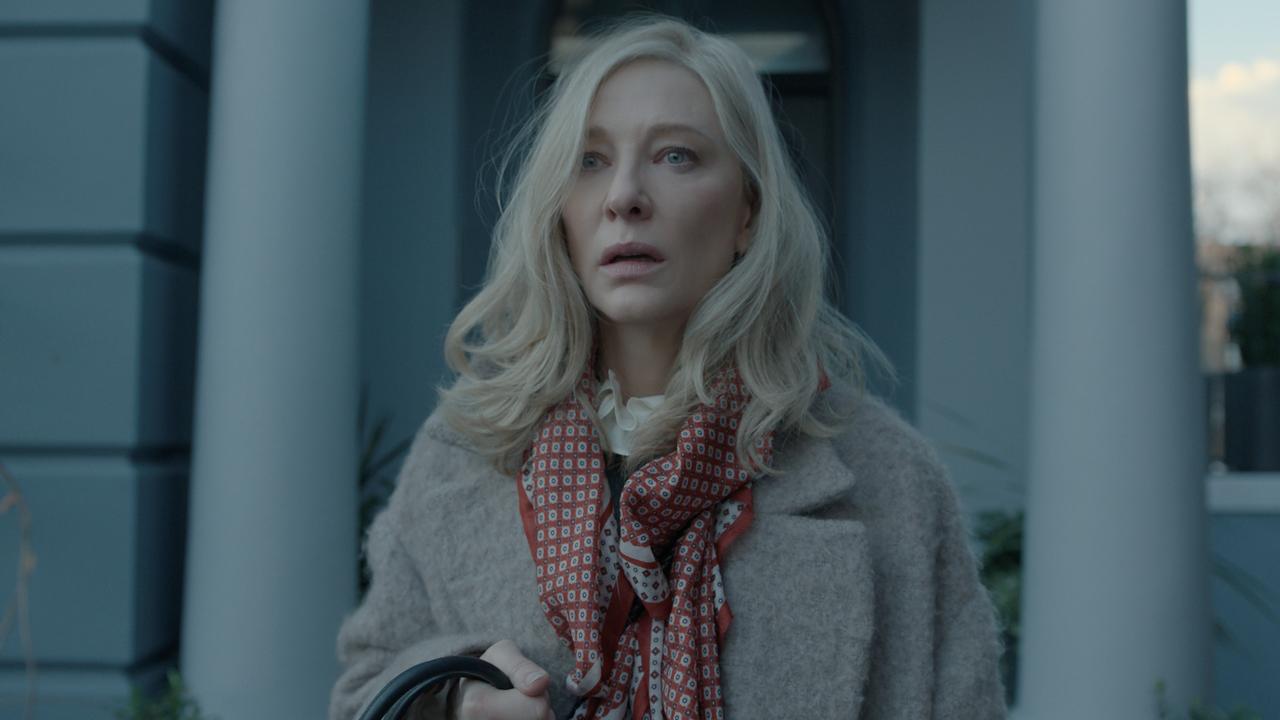Streamers are treating audiences like mugs, so you’d better not junk your DVDs
When streaming platforms are cancelling and disappearing shows with no mercy, you’ll regret throwing out your DVDs.
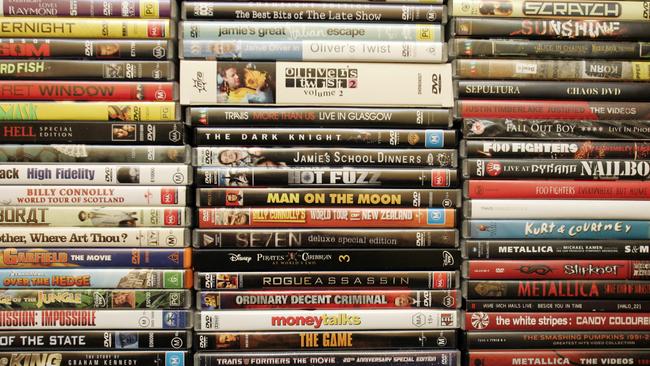
TV
Don't miss out on the headlines from TV. Followed categories will be added to My News.
If there’s one mantra you should remember this year, it’s “don’t get too attached” – especially if you chucked out all your DVDs because you thought they would be obsolete in the utopian universe of streaming.
But it’s actually a bloodbath out there in the world of streaming and your favourites are getting axed all over the place – sometimes before they even had the chance of premiering.
Television has always been a ruthless business and with the explosion in platforms and the voracious desire for more, more and more, the elephant’s graveyard of discarded shows is vast.
There are now endless reams of data for streamers to pick and choose, and slot into whatever opaque metric it uses to justify decisions of whether a show lives or dies.
Netflix’s first originals ran multiple seasons. House of Cards clocked in at six seasons while Orange Is The New Black ran for seven. Can you imagine how long the mercurial Bojack Horseman would last in today’s streaming environment? Not the six seasons it came in at.
Just these past couple of months have seen the end of German thriller 1899, Jon Bernthal’s American Gigolo, Dexter: New Blood, Susan Sarandon-starring Monarch, acclaimed animation Pantheon and Sandra Oh comedy The Chair.
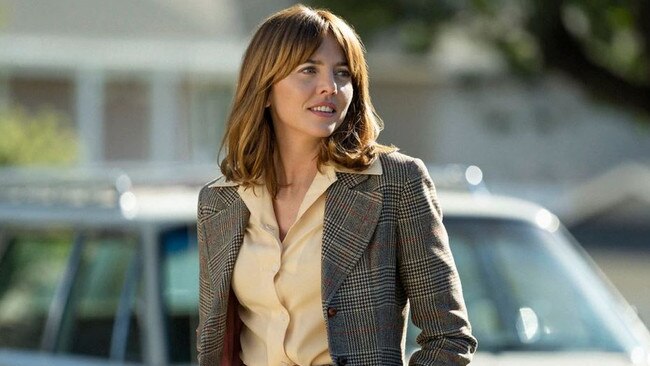
The list of those culled after two seasons is even longer, and includes Carnival Row, Firefly Lane, Gossip Girl, Hunters, The Mosquito Coast and The Mysterious Benedict Society.
Even successful TV writers with a long history of hits can’t save their creations – Steven Levitan’s (Modern Family, Just Shoot Me) Reboot bit the dust after one season, Mike Schur’s (Parks And Recreation, The Good Place) Rutherford Falls only lasted two, and Armando Iannucci’s (The Thick Of It, Veep) Avenue 5 was canned after two runs.
Under the broadcast model, there was transparency about why a series wasn’t renewed, usually because the ratings weren’t high. If something looked like it was on the bubble, it gave fans an opportunity to rally for their shows.
Or there were the unicorns where the DVD sales were so strong, a series would get a reversal. Family Guy was originally cancelled after three seasons but re-runs and home entertainment sales earnt it a reprieve and Fox picked it back up. It’s now on its 21st season.

Now, there is no transparency or accountability to fans as to why something was there one moment and gone the next. And it’s not just the fans – even TV creators don’t understand why their works are being marched.
It could be performing on the metrics that most people would consider as a measurement of success – including hours viewed and completion rates – but if it didn’t, for example, sign up enough new subscribers, it’s tossed on to the garbage pile.
There’s a scene in the most recent season of dark comedy Barry that encapsulates the absurdist theatre of streaming renewals. A character, Sally, created a show called Joplin which was cancelled within 12 hours of its debut despite glowing reviews. A streaming platform’s algorithm decided it didn’t reach the “right taste clusters”. And that’s that. The computer said so.
It feels like so much of what’s going on with streaming is decided by binary code, and the fans are getting caught in the crosswire. Especially when shows aren’t even allowed the time to build an audience through word of mouth. The algorithm is vicious.
But maybe that’s almost preferable to having the humans make the decision – who can be just as callous.
An emerging trend in the US has put into stark relief how precarious a project’s fate is. Warner Bros famously iced Batgirl, which had already finished filming, because it was more financially prudent to take a tax write-off against the cost of the production than to release it.
It’s not the only one. A raft of titles from different studios met the same fate, including Three Women, 61st, Minx season two (later picked up by a different network after it was dropped by HBO Max) and Chad (also picked up elsewhere).
There is also the US phenomenon where existing shows are being pulled from the platform without notice. HBO Max vanished chunks of its library including Westworld, Moonshot, Love Life, Mrs Fletcher, Camping and more.
Some of these shows are likely to either be sold off to a third party platform, or held back for HBO parent Warner Bros’ planned ad-supported free service.
Tough luck if you had paid your HBO Max subscription and were halfway through that Westworld binge.
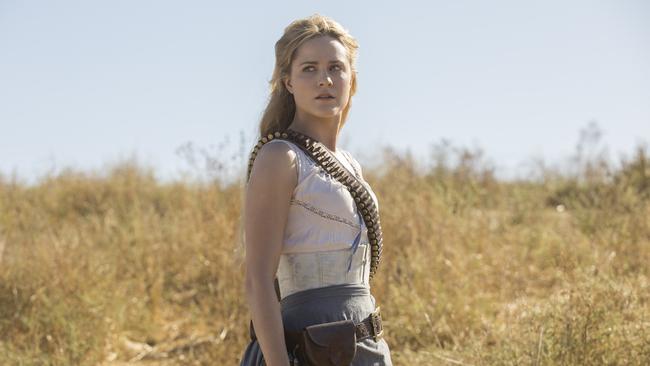
At least in Australia, because the Americans have already onsold these rights to streamers such as Stan and Binge*, local audiences have yet to be kicked in the face.
Not every decision was based on taking a tax write-off but these decisions are economical, and the sh**ty truth is entertainment companies are feeling the squeeze of the global downturn just as much as other industries. Disney said it would cut 7000 jobs from its workforce.
But the other side of the coin is that the unsaid contracts between streamers and their customers seem even more broken. Audiences can no longer have the expectation that what they were sold is the product that will be delivered.
It’s a timely reminder that you should never junk your DVD collection. At least your physical media is yours, no matter how capricious the streaming and distribution landscape becomes.
While it seemed like we’re living in a pop culture enthusiast’s fantasy world, able to call up almost anything we want to watch with a few words to Siri, the reality is it’s far more fraught.
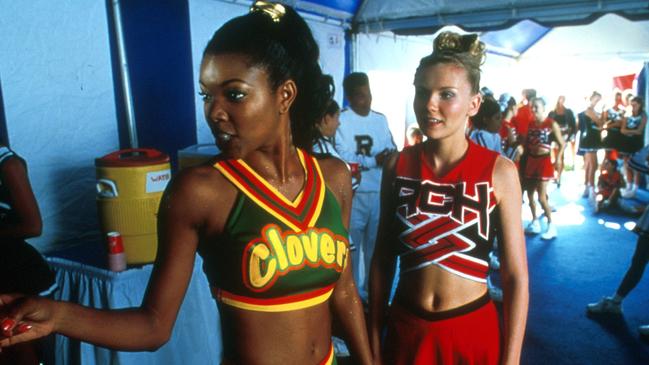
While the likes of Netflix are trying to dazzle viewers with shiny and new titles, it’s hiding that its pre-2000 catalogue is anaemic. It’s front-loaded to the present, but culture is built on what came before. You don’t get Stranger Things without E.T, Alien or Stand By Me.
If you want to watch Bring It On today, you can’t. It’s not on any streaming platform and you can’t rent or buy it on a digital retailer. So unless you already have it on DVD, or live near one of the very, very few video stores left in the country, neither the Toros nor the Clovers will be bringing it.
Same if you want to watch now-banned episodes of The Simpsons and 30 Rock – there are reasonable justifications for some of those decisions but it might have been more valuable to keep them in rotation with a contextual explanation so they could at least be appreciated as a cultural artefact – but that’s a whole other debate.
The perilous nature of the there-one-day-and-gone-the-next means you should always remember, the streamers don’t believe they owe you anything, and they’re keeping that promise.
*Binge is majority owned by News Corp, publisher of this website
Originally published as Streamers are treating audiences like mugs, so you’d better not junk your DVDs





